Udawalawe National Park
Huge herds of Asian elephants can be seen walking, bathing, and just chilling at this Sri Lankan park.
A grave problem facing Sri Lankan wildlife today is the human-elephant conflict, which kills up to 150 jumbos every year. Some of the baby elephants orphaned as a result of this are rehabilitated at the Elephant Transit Home, located on the fringes of the Udawalawe National Park in southern Sri Lanka.
The elephant calfs are fed and sheltered during their early years, and once they reach the age of four or five, they are released back into a protected environment and monitored. The park itself is home to nearly 250 elephants, one of the highest concentrations in the country, including some young elephants released from the Transit Home. The giant Asian elephant is the park’s biggest draw, and visitors are sure to get their fill of these and other creatures before the tour is up.
Situated about a five-hour drive away from Sri Lanka’s commercial capital of Colombo, Udawalawe National Park stretches out over 30,000 hectares of grassland across the provinces of Uva and Sabaragamuwa to the island’s south.
Visitors can tour through the scrublands, keeping eyes peeled for sightings of everything from wild foxes to wild boar, mongooses to macaques, water buffalos and deer of the sambar and spotted varieties. While the park is not known for playing host to big cat species such as leopards, it does feature some species of medium-sized cats like fishing and jungle cats.
The park’s massive Uda Walawe Reservoir attracts a generous number of water-based birds. Some of the water bird species that are a common sight at the park are the Eurasian spoonbills, black-headed ibis, painted stork and spot-billed pelicans, as well as local bird species like the brown-capped babbler, red-faced malhoka, grey hornbill and spurfowl.
Know Before You Go
The park can be reached by using public buses or private taxis. You also have the option of making part of your journey by flight, for example from Colombo to Hambantota, and then travelling the rest of the way to the park by road. Once you get to the park, you will have to pay entrance fees to enter. Do note, that, while for Sri Lankan passport holders the fee is usually a fairly nominal amount, if you are a foreigner or a member of the Sri Lankan diaspora holding a foreign passport, you will be asked to pay a significantly higher fee.


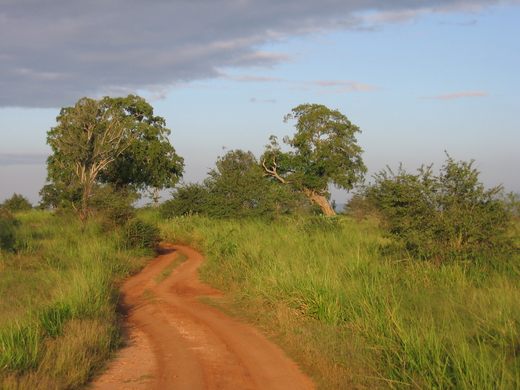
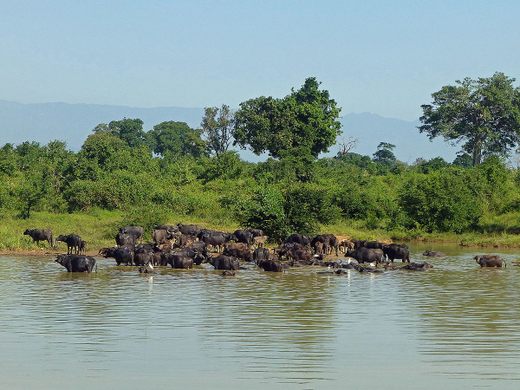
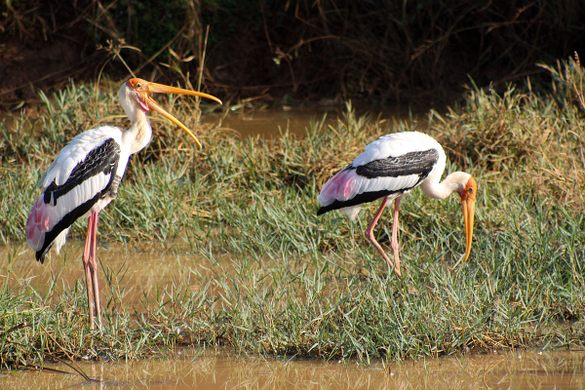




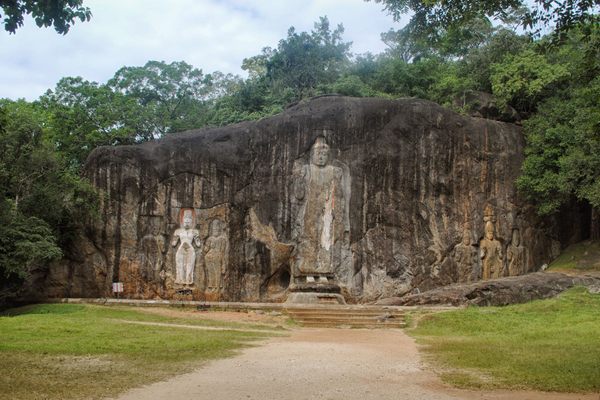




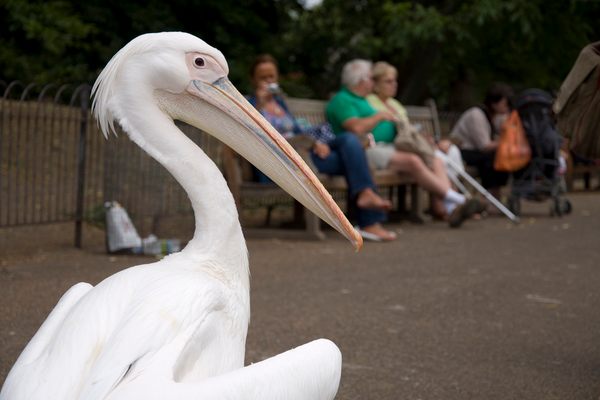
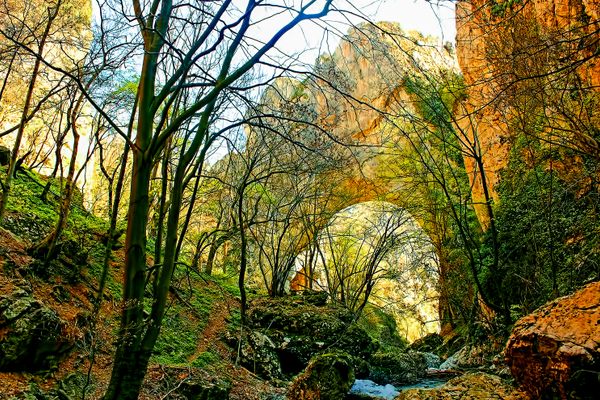


Follow us on Twitter to get the latest on the world's hidden wonders.
Like us on Facebook to get the latest on the world's hidden wonders.
Follow us on Twitter Like us on Facebook